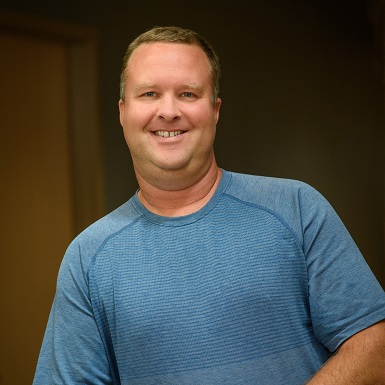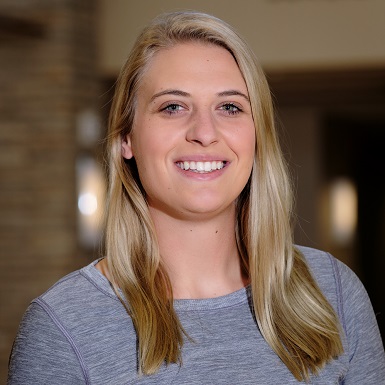Overview
Rehabilitation at WWH offers comprehensive, evidenced based treatment options targeted to get you back to living your life. We believe that achieving your goals are very important to your rehab process and are discussed at initial assessment. We choose to work in a rural facility specifically because it allows us to treat a wide variety of conditions and keep our skills. We provide services in occupational therapy, physical therapy and speech therapy, however at this time we do not offer any pediatric speech therapy or neurological or sensory pediatric physical and occupational therapy (orthopedic type referrals are reviewed to determine if we can provide best care or if a specialized pediatric clinic is more appropriate).
We believe in treating the underlying condition, not just the symptoms. Pain control treatments are used to get patients to a point where they are able to tolerate exercise and activity, not as our primary treatment of your condition. Treating the cause of your symptoms is critical to true recovery.
Our goal in the WWH rehabilitation department is to be a resource to our community, as well as the importance of accessibility for successful rehabilitation. We offer both early morning and late afternoon appointments to accommodate schedules in addition to a wide variety of specialized services. This is also why we partner with area schools to offer athletic training services as well as school based occupational therapy.
Common conditions treated include:
- Acute Pain
- Ankle Sprains
- Athletic Injuries
- Chronic Pain
- Cognitive Evaluations/Memory Concerns
- Deconditioning/Muscle Weakness
- Falls/Balance Concerns
- Neurological
- Spine Care
- Swallowing (Dysphagia)
- Vestibular and Vision
- Voice Disturbances
Insurance considerations
Wisconsin is a direct access state, which means physical therapists can legally evaluate a patient without seeing a provider first or getting a referral. Despite this, not all insurance companies will reimburse therapy services without a provider referral (Medicare, for example). We recommend contacting your insurance company to determine if direct access is approved with your insurance plan, as this can be a faster route to access therapy. It is important to note that we may refer you to a provider during your evaluation or at any point during your treatment if we feel it is necessary.
If you have any questions regarding the physical and occupational therapy services we provide at Western Wisconsin Health, or if you are interested in scheduling an appointment, please call 715-684-1500.
Make an Appointment
Contact
Providers

Speech and Language Pathologist
LSVT LOUD Therapist
Western Wisconsin Health Main Campus

Physical Therapist
Western Wisconsin Health Main Campus

Physical Therapist
Western Wisconsin Health Main Campus

Director of Rehabilitation Services
Western Wisconsin Health Main Campus
What People Are Saying
I’m so glad to be a part of the Western WI Health community. Truly lifesaving for me.
“Dr. Clemma Nash and her functional medicine expertise is outstanding. I’ve seen her a few times for exposure to toxic mold and her knowledge has given me my life back. Not only has the functional medicine saved me, but Dr. Nash’s compassion, listening skills and gentle way has been such a gift for my health. I’m so glad to be a part of the Western WI Health community. Truly lifesaving for me.”
I am thankful that there are such good care providers so close to home!
“Just brought my daughter in to see Sara Atteberry, NP, and wow!!! She was thorough, kind, gentle, and smart! What a great addition to WWH. I was very comforted in the care and compassion she showed to my daughter. I am thankful that there are such good care providers so close to home!”

We are SO blessed to have Western Wisconsin Health in our community.
“We had a long, tough labor, but we couldn’t be happier! The entire staff was so incredibly amazing. They made a very exhausting two days much better with their warm support, encouraging words, and wonderful knowledge. Thank you from the bottom of our hearts. We are SO blessed to have Western Wisconsin Health in our community.”




